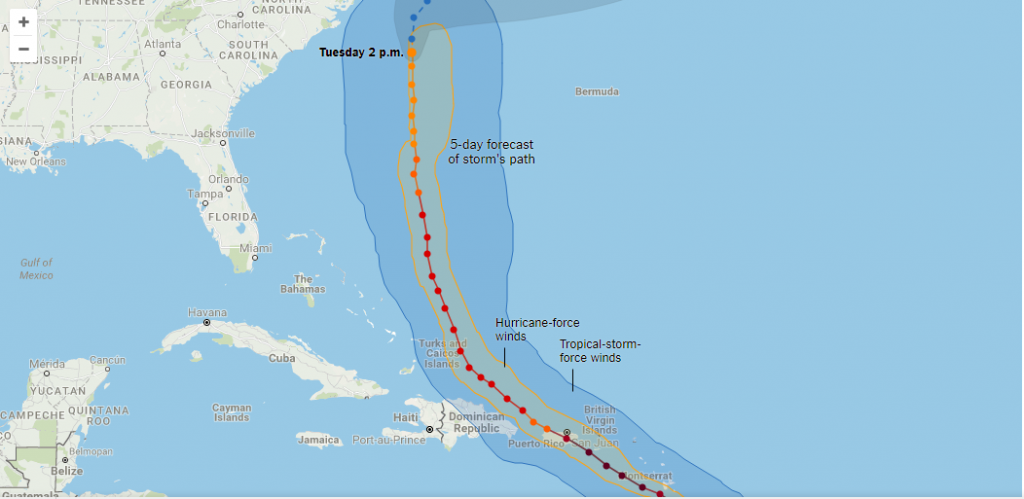When one considers the meaning of interdisciplinarity as the bringing together of two or more academic disciplines into one coherent project or activity, it might seem obvious that this kind of learning and thinking would demand that a person engage with multiplicity on several levels. That is, interdisciplinary work always requires the involvement of multiple disciplines, and often involves the collaboration of multiple people across those disciplines. As it rejects the long-standing and systemically-encouraged notion that disciplines and their respective scholars ought to remain separated, interdisciplinarity calls up the term practice as both noun and verb: as a noun, interdisciplinary practice involves “the actual application or use” of this method of inquiry and study, “as opposed to theories relating to it.” This kind of interdisciplinary work relates directly to another definition of practice, too, meaning as a verb “to exercise (a skill) repeatedly or regularly in order to improve or maintain one’s proficiency.”
Intradisciplinary Connections: Returning to Geneseo’s Learning Outcomes
Throughout the semester, this course has demonstrated several points of focus that the English Department seems to be increasingly concerned with as of late: encouraging reflective writing, and establishing clear connections with Geneseo’s established Learning Outcomes.
Continue reading “Intradisciplinary Connections: Returning to Geneseo’s Learning Outcomes”
In a Course Called “Metropolis,” I Almost Thought the Setting Didn’t Matter: Confessing, Reflecting, and Trying to “Do Better”
As I was deciding on what my last few posts of the semester should focus on, I thought of the churning and cycling that we have been discussing throughout this course. In the vein of this churning, I thought it would make sense to return to something I wrote about in an earlier post and consider what I might be able to add to that thinking at this point in the semester.
Roots and Resurrection in Dance
“We can do better… we come back together… we’re still here.”
This is what the first line of my notes looks like from the day Dr. DeFrantz joined our class for a workshop on interdisciplinary dance studies, and the words have been on my mind since.
The Least We Can Do: Bearing the Weight of Iniki and Others
I would like to configure this post in conversation with the post written earlier this week by Jenna, Jonathan, Aidan, Madi, Clio, and Cameron. This group writes thoughtfully about Hurricane Iniki and its impact on the Hawaiian Islands; what I wish to do is expand on one of their points by drawing connections back to previously-examined course content.
Continue reading “The Least We Can Do: Bearing the Weight of Iniki and Others”
Hurricane Maria: Searching for Answers, Finding More Questions
*This is a collaborative blog post, created by: Sakshi Kumar, Neha Marolia, Michael Griffin, Luke Edelman, Catherine White, and Katie Sullivan
Maria’s Story:
The story of Hurricane Maria officially began on September 16, 2017 when it wasn’t even called Hurricane Maria yet. At 11 a.m. that morning, four days before landfall, it was called “Potential Tropical Cyclone 15.” It wasn’t until 5 p.m. later that day that it was newly named “Tropical Storm Maria.” The next day, it was deemed a hurricane and the first hurricane watch for Puerto Rico was issued on September 18.

Maria landed in Puerto Rico on September 20. On this day, 20 inches of rain fell, the whole island lost power, and 80-90% of the structures were destroyed in some towns. The next day, President Trump issued a state of emergency for Puerto Rico. Three days after landfall, 85% of the Puerto Rico cell towers did not work, and on September 26, 44% of Puerto Rico lacked drinking water.
Continue reading “Hurricane Maria: Searching for Answers, Finding More Questions”
Born and Raised: “A Life Lived in One Place”
In my last post, I explored the fact that so many people at the end of When the Levees Broke chose to identify themselves through association with their home city, proudly declaring their having been “born and raised” in New Orleans. In fact, I did more than examine this facet of the documentary–I celebrated it. I wrote, of the cast’s proud proclamations of their New Orleans origins, “I see this as not only a testament to the richness of the culture and life in New Orleans… but also as a testament to the inspiring pride and strength of the people of New Orleans.” While I have not changed my perspective of this scene as inspiringly beautiful, further reflection upon its implications has positioned the scene in my thinking as a springboard for further exploration of the notion of being “born and raised” in one place and continuing to live in that place through adulthood.
Continue reading “Born and Raised: “A Life Lived in One Place””
Conscriptive Naming and Self-Identification
What’s in a name? This is a question that we have been exploring in terms of both the naming of storms and the naming of people; both Christina and Helen have written posts that explore the hurricane-naming process and its implications.
Continue reading “Conscriptive Naming and Self-Identification”
Rich Musical Tradition Wrought from Intense Oppression
Upon attending an event titled “A Collision of Worldviews: An interview with Dr. Ysaye Maria Barnwell”, which was part of this year’s commemoration for Rev. Dr. Martin Luther King, Jr. here at Geneseo, my eyes were opened to a whole new way of perceiving musical traditions in terms of both their origins and their power.
Continue reading “Rich Musical Tradition Wrought from Intense Oppression”
The Danger in Prosthetic Memory
Upon reading Nyong’o’s “Black Survival in the Uchromatic Dark”, I find myself returning to a notion that was introduced to me in Dr. Cooper’s American Literature course at the start of this semester–a notion that George Mason University Professor Alison Landsberg calls “prosthetic memory”. Continue reading “The Danger in Prosthetic Memory”
